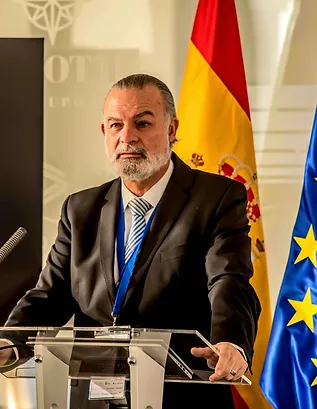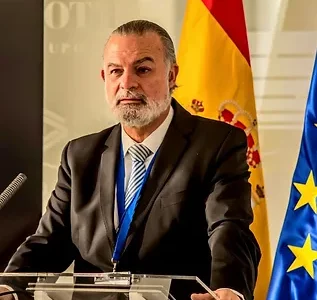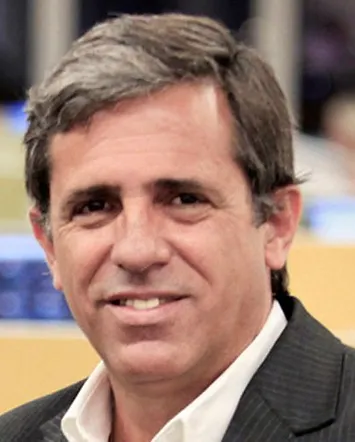JESÚS GONZÁLEZ MATEOS
STATE OF THE EU DEBATE: READING BETWEEN THE LINES WHERE EUROPE IS HEADED

He defended the achievements of the European Green Pact, but stressed the need to temper it with reindustrialization and the defense of European companies’ ability to compete.
And despite citing the Ukrainian war and Putin’s war crimes, neither in gestures – last year he wore the colors of the Ukrainian flag with matching pin and ribbon, this year it is all gone – nor in substance has he wanted to focus his words on the conflict. Rather, it has been China that occupies the place of the EU’s great future enemy.
READ BETWEEN THE LINES
The first thing that the speech and subsequent parliamentary debate on the state of the Union has made clear is that we are already in election time in Europe. Von der Leyen, who in the past has been committed to the Social Democratic position in the European Parliament, has made a subtle shift towards her political family of the popular center-right.
In that vein, he made almost no mention of the EU’s social pillar, yet emphasized the importance of industry, business and competition, with clear protectionist messages.
Similarly, without abandoning the defense of Ukraine, she took more than half an hour to mention the subject, while she was much harsher and more specific in criticizing China for the multiple battle fronts that the EU has with the Eastern power: trade dumping by public aid, purchase of rare earths and critical materials, use without ethical codes of AI and a long etcetera.
Similarly, his words on the ecological transition undoubtedly show a clear concern for the pace at which measures to combat climate change are being implemented and the negative impact they have on industrial sectors and agriculture, for whose professionals he had words of gratitude for their work in times of pandemic and now of war.



